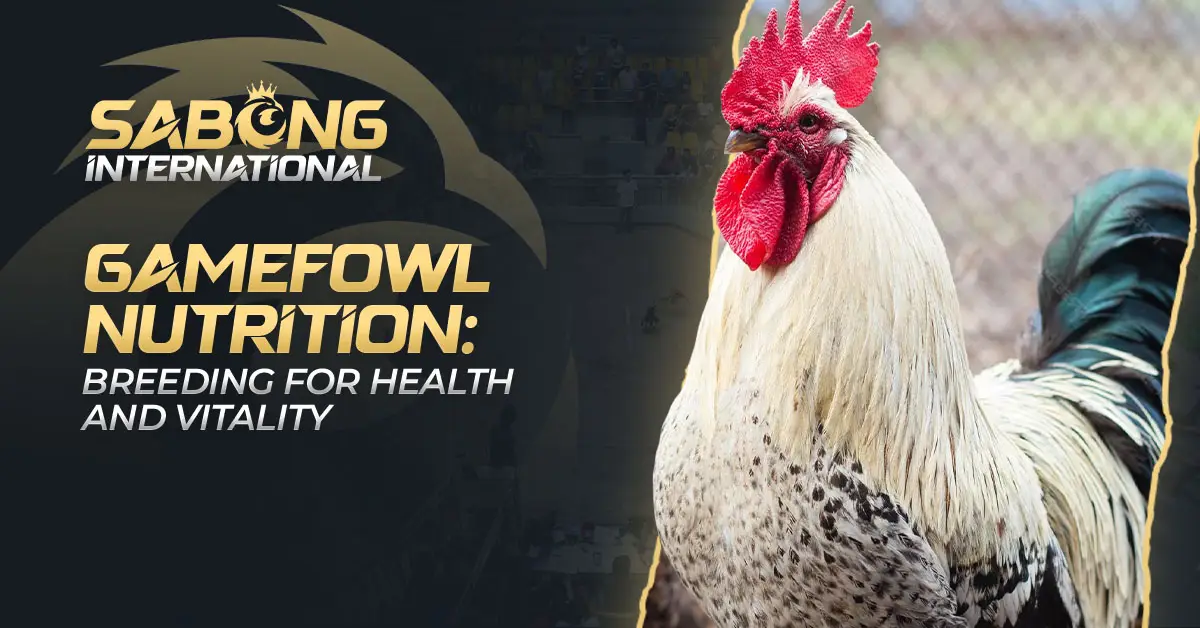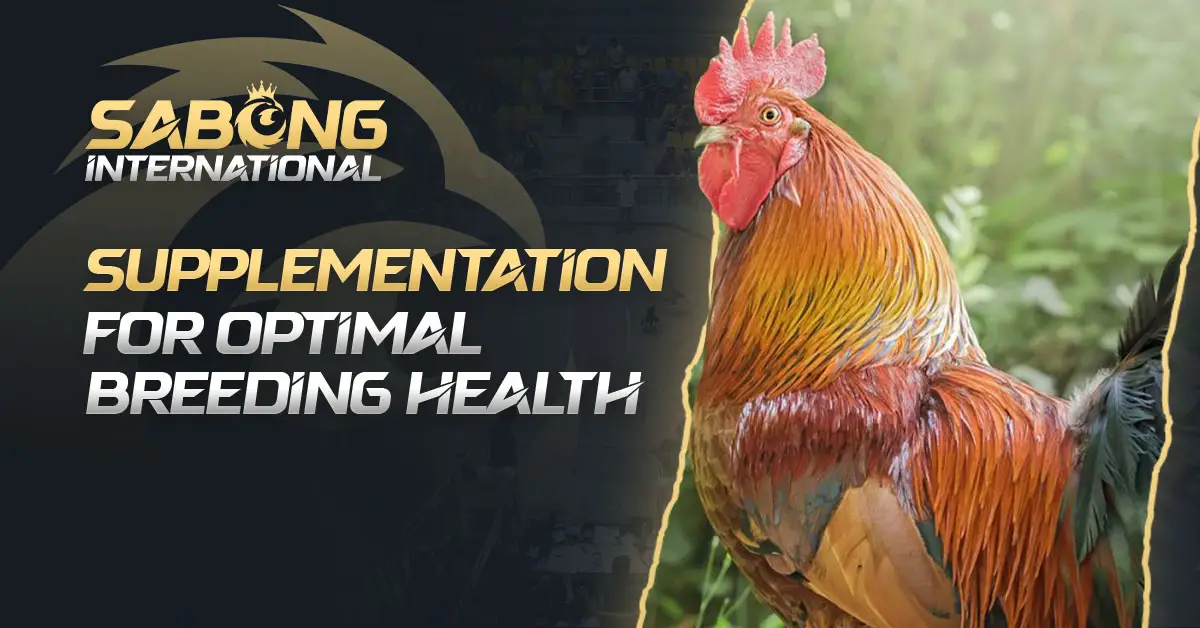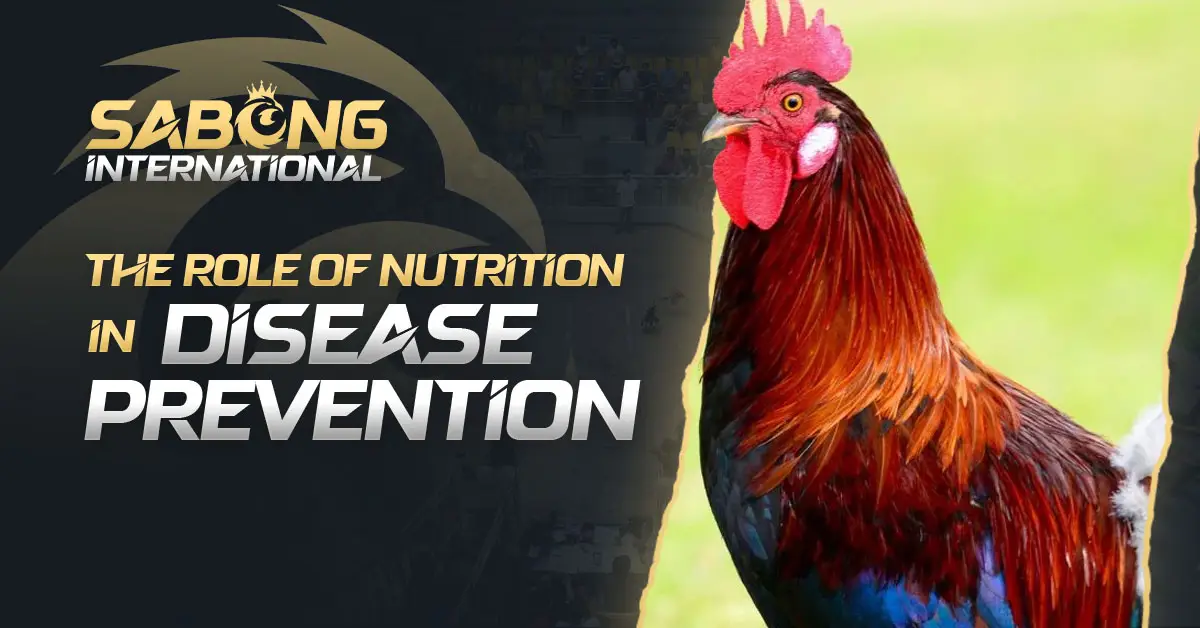Gamefowl Nutrition: Breeding for Health and Vitality

Key Takeaways
| Key Aspect | Description |
|---|---|
| Nutritional Balance | A balanced diet is essential for gamefowl health and breeding success. |
| Life Stage Requirements | Nutritional needs vary from chick to adult and must be tailored accordingly. |
| Supplementation | Supplements can enhance breeding health but should be used judiciously. |
| Feeding Strategies | Adjusting diets to breeding cycles and maintaining consistent schedules are crucial. |
The Fundamentals of Gamefowl Nutrition
Nutritional Needs of Gamefowl
Nutrient Requirements at Different Life Stages
Crafting a Nutrient-Dense Diet for Breeding Gamefowl
Components of a Breeder's Diet
A breeder’s diet must be rich in specific nutrients to support the reproductive process. This includes:
- High-quality proteins for egg and sperm production.
- Increased calcium levels for strong eggshells.
- Adequate fats for energy and vitamin absorption.
Understanding Feed Labels
Supplementation for Optimal Breeding Health

When and Why to Supplement
Key Supplements for Breeding Gamefowl
Certain supplements can be particularly beneficial for breeding gamefowl:
- Vitamin E and Selenium for improved fertility.
- Calcium and Phosphorus for eggshell quality and skeletal health.
- Probiotics to aid in digestion and nutrient absorption.
Feeding Strategies for Peak Breeding Performance
Tailoring Diets to Breeding Cycles
Portion Control and Feeding Frequency
Bet on Sabong with Sabong International now!
Monitoring Health and Adjusting Diets
Signs of Nutritional Imbalance
Regular observation of your gamefowl can reveal a lot about their nutritional status. Some signs to watch for include:
- Lethargy or lack of vigor, which may indicate an energy deficit.
- Poor feather quality, which can suggest protein or certain mineral deficiencies.
- A drop in egg production or fertility rates, often linked to insufficient nutrient intake.
Diet Adjustments for Health Issues
The Role of Nutrition in Disease Prevention

Boosting Immune Function Through Diet
A robust immune system is your gamefowl’s best defense against disease. Nutrition plays a vital role in immune health, with certain nutrients being particularly important:
- Vitamins A and C are known for their immune-boosting properties.
- Zinc plays a role in the development and function of immune cells.
Nutrition and Common Gamefowl Ailments
Sustainable Practices in Gamefowl Nutrition
Ethical and Sustainable Feeding Practices
Sustainability in gamefowl nutrition is about more than just the health of the birds—it’s also about the ethical sourcing of feed ingredients and the environmental impact of feed production. Ethical practices include:
- Using feeds that are free from antibiotics and hormones.
- Choosing feed suppliers who practice sustainable farming.
The Future of Gamefowl Nutrition
Conclusion
The health and vitality of gamefowl are inextricably linked to their nutrition. A well-designed feeding program, tailored to the specific needs of breeding birds, can lead to a flock that is not only healthy and vigorous but also genetically superior. By staying informed and adaptable to new nutritional knowledge, breeders can ensure the success and longevity of their gamefowl lineage.
Remember, the key to successful gamefowl breeding is a deep understanding of the birds’ nutritional needs and a commitment to meeting those needs with quality feeds, appropriate supplements, and responsible feeding practices. With this approach, breeders can look forward to a future of robust and thriving gamefowl.


